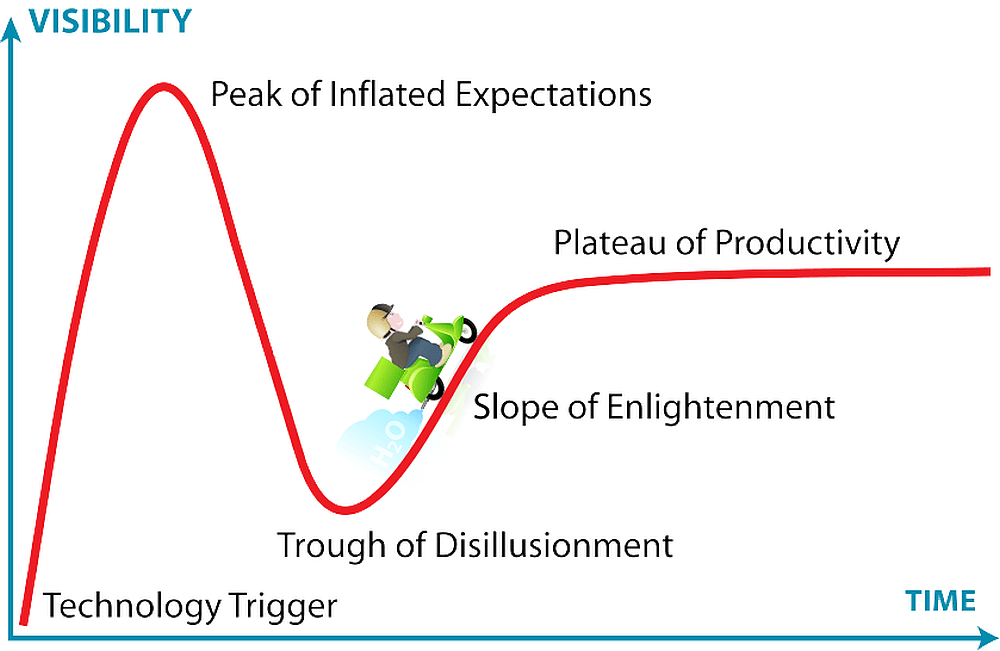Are you someone at (or near) the start of your graduate studies in engineering, and do you have an interest in advanced energy storage, propulsion systems and lightweight automotive materials? If so, you’ll might want to take notice that the Department of Energy announced yesterday that it is providing $5 million in new funding for Graduate Automotive Technology Education centers and the grad student fellowships offered in conjunction with the centers.
The main goal of the GATE program is to foster domestic production of skilled engineers in the automotive field, and, moreover, use this training as part of a broader strategy to keep the U.S. a leading player in the world’s automotive markets.
The DOE set up these GATE centers at least a decade ago to foster training in automotive engineering-related fields. Back then, based on competitive proposals, the agency selected 10 United States universities. It seems that in 2005, DOE fielded a second round of proposals and narrowed the winners to eight U.S. universities who divvied up $4.7 million. This new announcement represents a third round of competition for the agency’s funding.
Each center has a particular specialty and has already been providing some fellowships. For example, the Penn State GATE center is one of the eight currently funded programs and it says it is the [o]nly GATE Center to focus on in-vehicle, high-power, energy storage systems” and “[p]rovides graduate engineering fellowships with stipends ranging from $16,000 to $21,000.” In particular, Penn State’s GATE program is investigating battery systems, flywheels, capacitors and systems integration and testing.
Besides Penn State, the other gate centers (and their specialties) are currently located at:
* University of Alabama at Birmingham (lightweight materials, advanced computation and simulation and biomechanics);
* University of Illinois at Urbana-Champaign (advanced biofuel combustion engines);
* Virginia Polytechnic Institute and State University (fuel cells);
* Ohio State University (modeling, controls and system integration of advanced propulsion systems);
* University of California-Davis (hydrogen fuel cell vehicles);
* University of Tennessee (optimal strategies for hybrid powertrain control and systems integration); and
* University of Michigan-Dearborn (lightweight materials and processing).
The DOE says in a press release that the funding “supports the administration’s goal of increasing American economic competitiveness by focusing on science, technology, engineering, and math education to support job growth and put the nation on the path to out-educate and out-innovate the rest of the world. The funding will also help to achieve President Obama’s ambitious goal of putting one million electric vehicles on the road by 2015.”
Besides fellowships, DOE says the selected schools can use the awards to fund curriculum development and expansion.
Schools have to apply or reapply for GATE funding (application instructions can be found here under Reference Number DE-FOA-0000442) no later than April 18, 2011. The DOE predicts that it will fund between five and eight schools again, and that each award will be $500,000 to $1 million that will have to cover a five-year period.
E395MTNZH92Q
CTT Categories
- Education
- Market Insights
- Transportation


